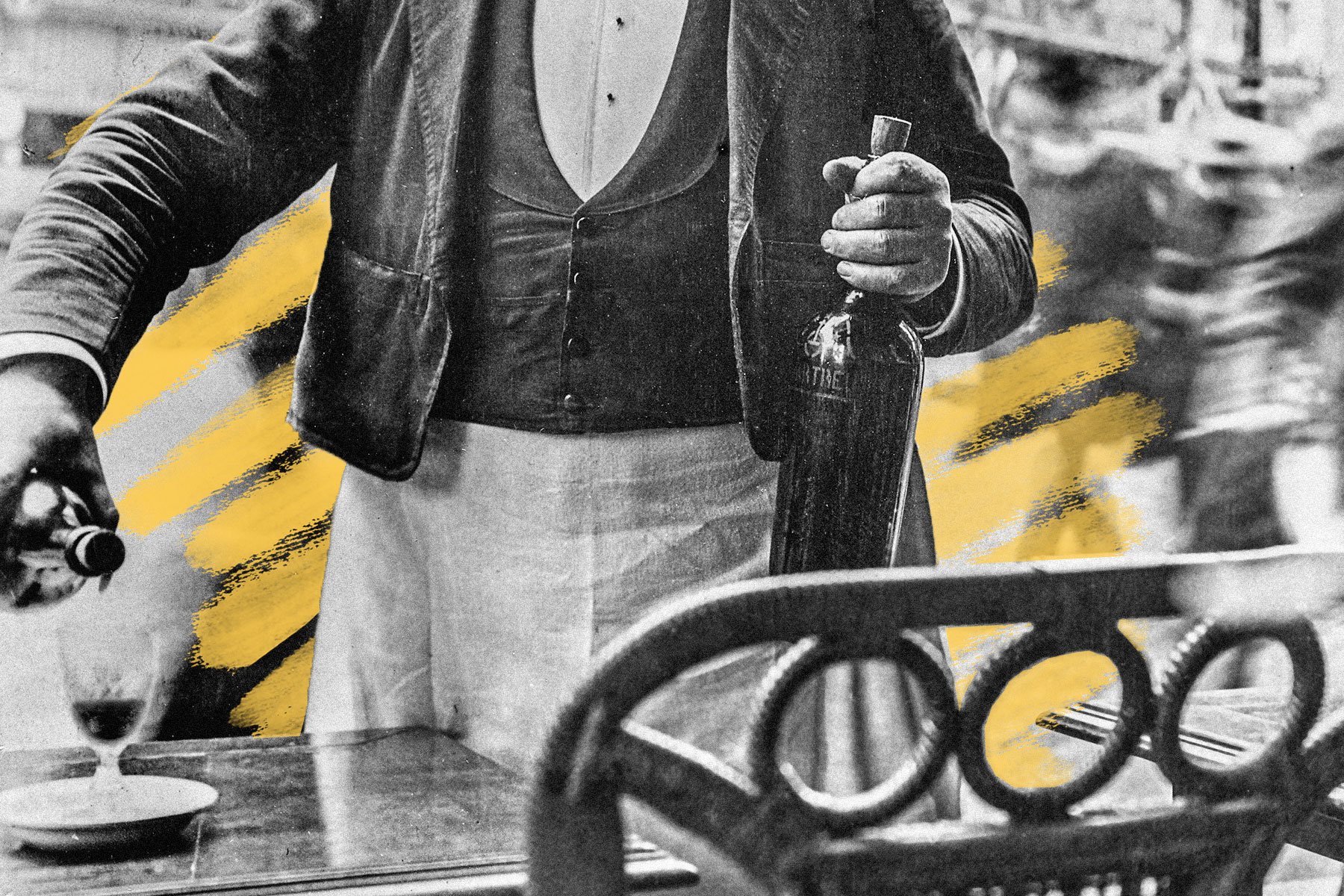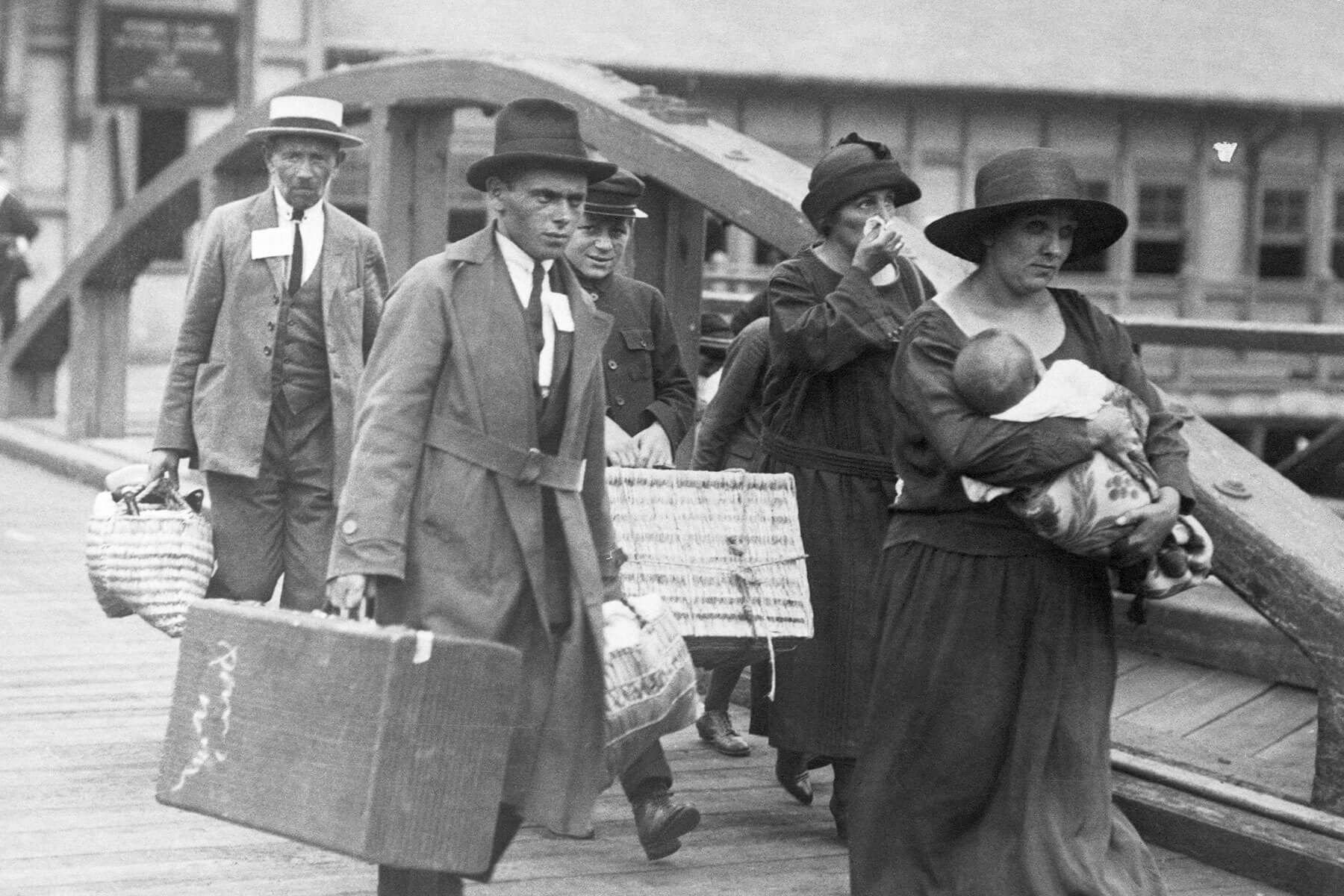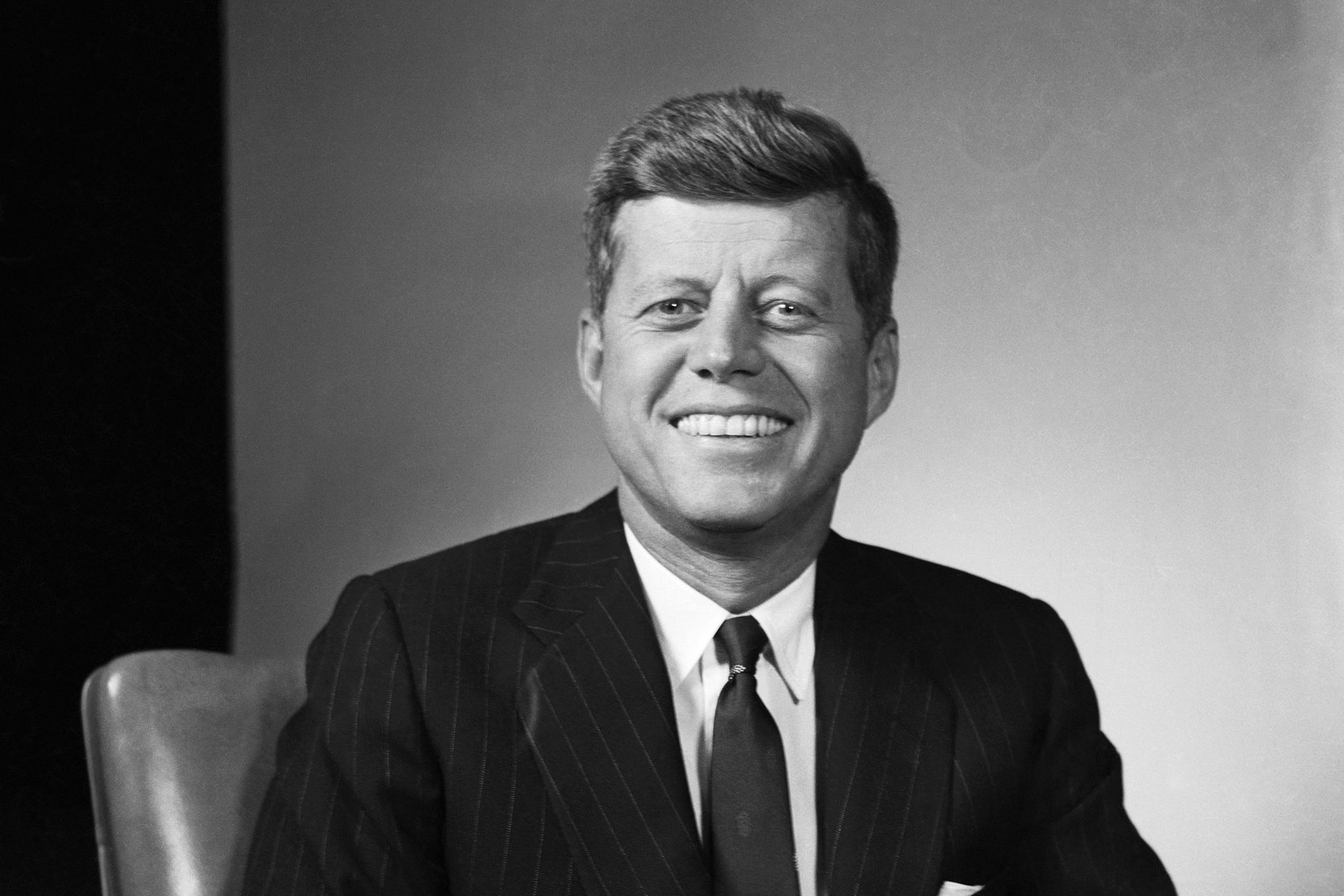The bizarre reason waiters once went on strike
Monday, September 30, 2024
In 1907, one of the more unusual strikes in France's history unfolded. |
| |
| |
|
 |
|
| I n 1907, one of the more unusual strikes in France's history unfolded. Better wages and working conditions were at stake, as is often the case, but this strike was also about something unexpected: the right to grow a mustache. Mustaches were at their peak in early 20th-century Europe, and were even obligatory for policemen — an attempt to convey military-like masculinity and authority. Restaurant servers, however, were forced to be clean-shaven, a reminder of their "lower class" status. Behind closed doors, trade unions began organizing a strike for workers' rights to autonomy over their facial hair. They were also fighting for one day off a week and their fair share of tips, which were often the only source of pay for servers. Surveys about dates and times were sent to the various unions and, after results were compiled, strike instructions were sent to union members. On April 17, 1907, at 6:30 p.m. sharp, waiters walked off the job. |
|
|
| Although the number of servers who took to the streets in protest is unclear, The New York Times estimated it at about 500 by late April. While the strike wasn't without its critics, the waitstaff found solidarity in high places, including in Parliament. Socialist Deputy Antide Boyer — who, even before the strike, had proposed a bill that would make mustache bans illegal — told The New York Times the mustache rule was "grotesque and humiliating." Boyer's bill never actually passed, but the strike resolved quickly. After 16 days, the waiters returned to work. They did not get their desired one day off per week, but a fairer pay structure was in place — as were their mustaches. |
|
 |  |
|
|
 |
|
| |
|
| Number of days in "Movember," when men grow out their mustaches for health awareness | | | 30 |
| | | Average days not worked due to strikes per 1,000 employees in France between 2020 and 2021 | | | 79 |
| | | Average days not worked due to strikes per 1,000 employees in France between 2020 and 2021 | | | 79 |
|
|
|
| Number of times the average mustachioed person touches their mustache in 24 hours | | | 760 |
| | | Approximate number of cafes in Paris from the late 1880s to 1914 | | | 30,000 |
| | | Approximate number of cafes in Paris from the late 1880s to 1914 | | | 30,000 |
|
|
|
 |
|
 | | Did you know? |
|
|
Mustaches were required for British soldiers in the 19th century. |
|
| Despite changing views on facial hair over time, in 1860, mustaches were a requirement in the British Army. "The chin and the under-lip will be shaved, but not the upper lip," read the Regulations and Orders for the Army. Facial hair had previously been banned, but during the Crimean War (1853-1856), soldiers grew out their facial hair as insulation against the bitter Eastern European cold. When they returned, their beards were seen as symbols of heroism; even Queen Victoria remarked on the soldiers' appearances. "They had all long beards & were heavily laden with large knapsacks," she wrote in her journal. "The whole sight gave one a real idea of what the life and appearance of the men, on service out there, must have been." After that, beards became the common fashion throughout Victorian-era England. |
|


posted by June Lesley at 4:02 AM












![]()
![]()






0 Comments:
Post a Comment
<< Home